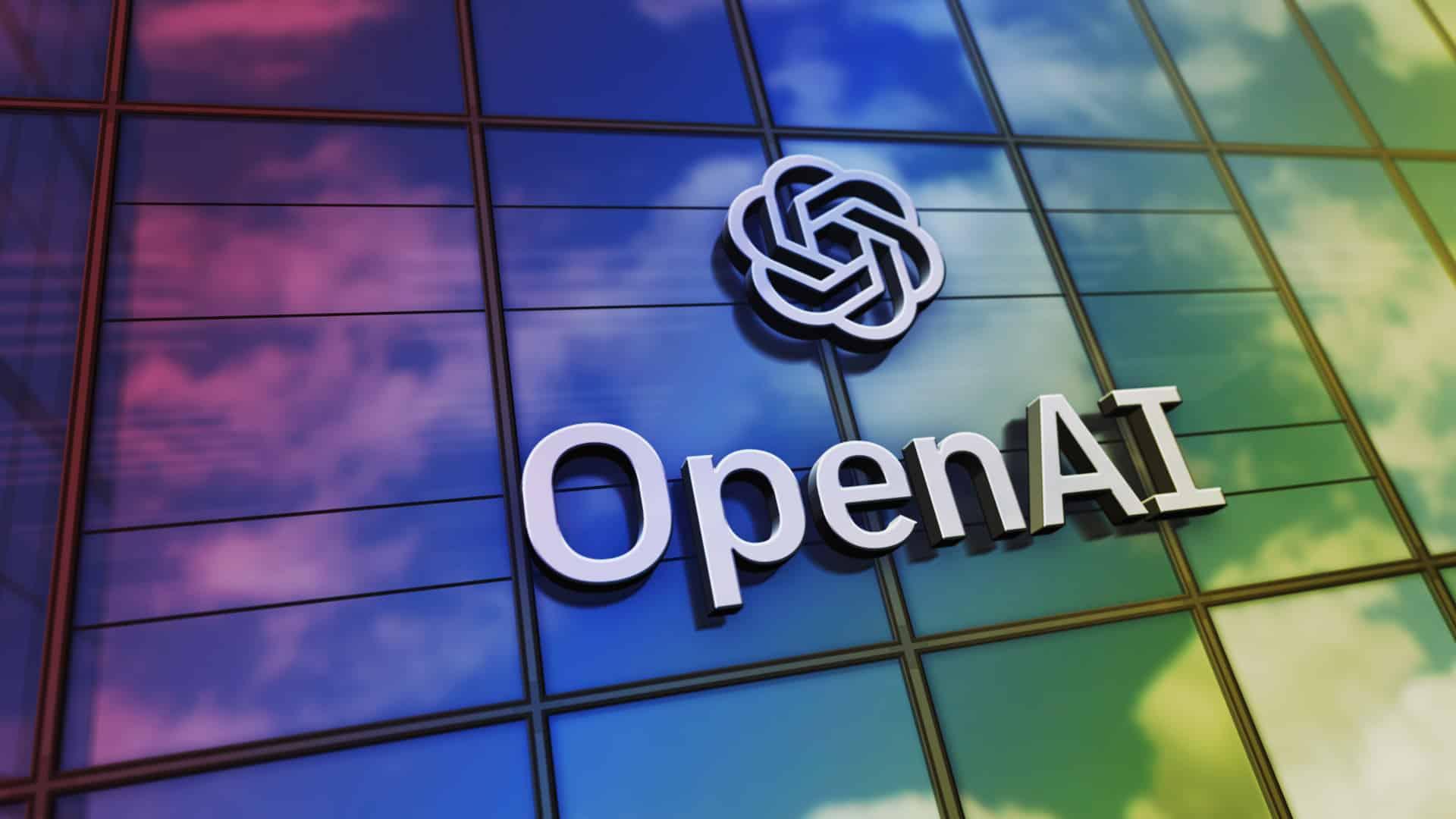
BERLIN (Enmaeya News) — September 30, 2025
Germany is taking a major step toward modernizing its public services with artificial intelligence.
German software giant SAP SE announced a new partnership with OpenAI—the company behind ChatGPT—to deliver AI tools to the German public sector. The program, called “OpenAI for Germany,” will provide services like ChatGPT to government offices, schools, and other public institutions.
These AI services will run on SAP’s Delos Cloud, a platform that stores data inside Germany and complies with strict European privacy and data laws. According to a joint statement from SAP and OpenAI, the goal is to help public agencies use AI responsibly and securely. Following the announcement, SAP’s stock rose more than 2%.
This marks a significant move for Germany, which has often been cautious about adopting U.S.-made tech due to privacy and sovereignty concerns. By hosting the AI tools on a local cloud platform, Germany aims to integrate AI into its public infrastructure without compromising on regulations or control.
The partnership also signals a broader strategy for SAP, Europe’s largest technology company, which is working to remain competitive in the global AI race. SAP has already invested in several AI startups—including Cohere, Aleph Alpha, and Anthropic—and now seeks to position itself as a leader in trusted, enterprise-ready AI.
SAP’s CEO Christian Klein, who has led the company since 2019, sees AI as the next big opportunity after successfully moving SAP’s business into cloud computing. Under his leadership, SAP expects nearly €22 billion ($26 billion) in cloud revenue this year—almost triple what it made in 2019.
But with most customers already moving to the cloud, SAP needs a new source of growth. The company is betting on AI, especially in high-trust areas like government and healthcare. However, it faces challenges, including rising competition, customer frustration with cloud costs, and questions about whether AI tools will be widely adopted.
Analysts at Gartner have warned that SAP risks falling behind in newer tech markets, while some insiders question whether the company can convince governments and large businesses to fully embrace AI.
Still, the stakes are high—not just for SAP, but for Europe as a whole. As one of the few global tech companies based in the EU, SAP plays a crucial role in ensuring that European governments and industries don’t become overly dependent on foreign technology giants.
With a market value that now exceeds U.S. rival Salesforce Inc., SAP’s ability to lead in artificial intelligence could help secure Europe’s digital sovereignty and shape how governments use AI in the coming years.





